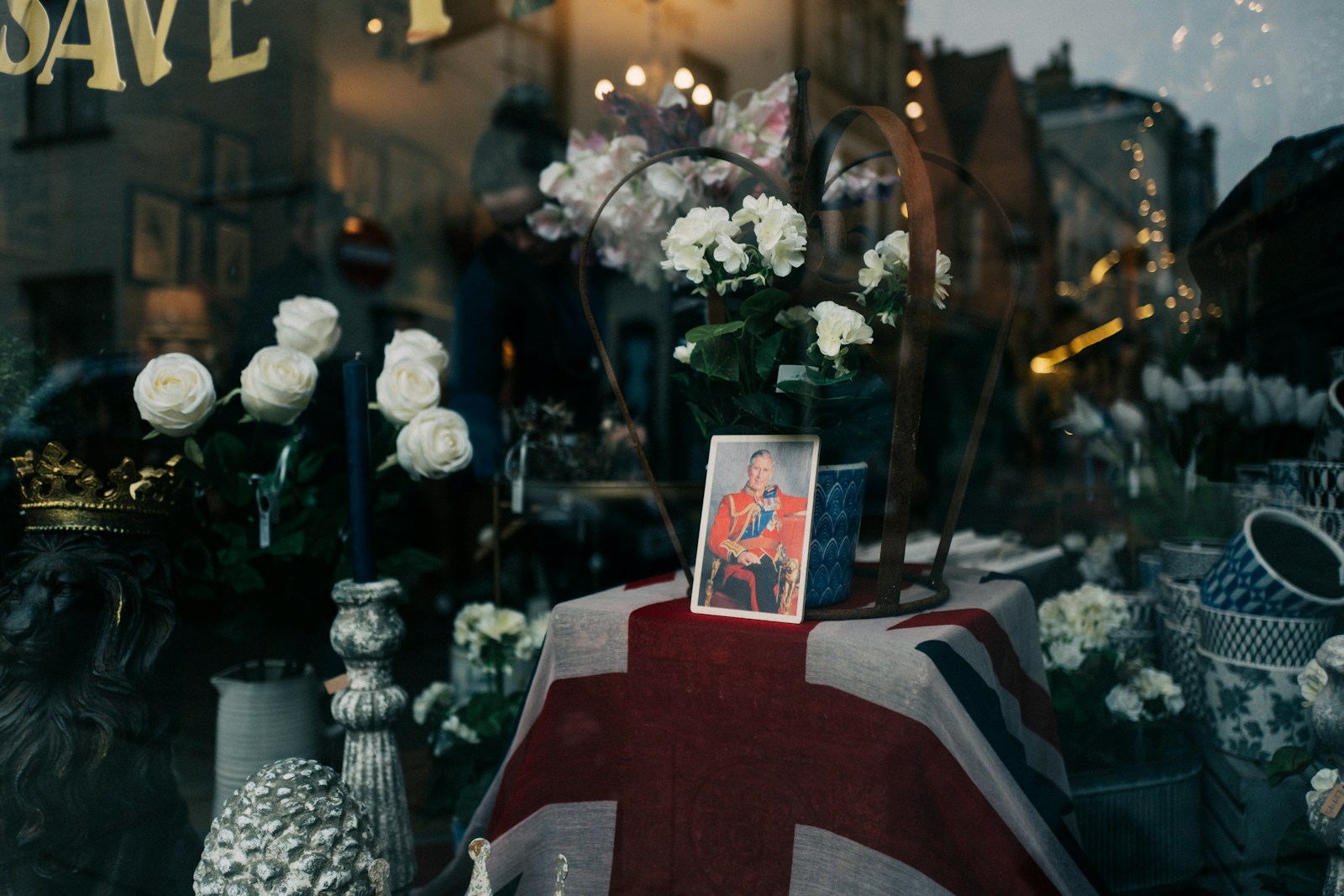Church of England put reputation above abuse victims’ needs, inquiry finds
Report into Peter Ball case criticises ex-archbishop George Carey as well as Prince Charles
May 9 2019
The Church of England put its own reputation above the needs of victims of sexual abuse, with a serious failure of leadership by the former archbishop of Canterbury George Carey, in its handling of the case of a bishop who eventually went to prison, an official inquiry has concluded.
It also found that Prince Charles and other members of the establishment were misguided in their expressions of support of Peter Ball as he battled the accusations.
Ball, a former bishop of Lewes and Gloucester, was jailed in 2015, more than 20 years after allegations were made against him that were largely ignored or downplayed by the church. Ball accepted a police caution in 1993 and resigned as bishop but was allowed to continue officiating in the C of E.
Ball “seemed to relish contact with prominent and influential people”, a 250-page report published on Thursday by the independent inquiry into child sexual abuse (IICSA) said. He “sought to use his relationship with His Royal Highness the Prince of Wales to further his campaign to return to unrestricted ministry”.
The prince and his private secretary spoke about Ball with the archbishop of Canterbury and arranged for the Duchy of Cornwall to buy a property to be rented by Ball after he resigned as a bishop.
The prince had been “misguided”, and his actions “could have been interpreted as expressions of support for Peter Ball and, given the Prince of Wales’s future role within the Church of England, had the potential to influence the actions of the church”, the report said.
It said Carey showed compassion to Ball that was not extended to the bishop’s victims, and displayed overt support for Ball’s innocence despite having no justification. Carey was archbishop of Canterbury from 1991 to 2002.
The church’s response to allegations of abuse by Ball and others in the diocese of Chichester was marked by secrecy, prevarication and avoidance of reporting alleged crimes, the report said.
Disclosures of abuse were handled inadequately by the church, and responses failed to display an appropriate level of urgency or appreciation of the seriousness of allegations made.
The report said “clericalism and tribalism” in the diocese of Chichester contributed to an abuse of power. During the inquiry’s public hearings last year, senior clergy squabbled about responsibility for failing to deal with past sexual abuse.
“The damaging consequence of this overriding allegiance to one’s own ‘tribe’ was that child protection was compromised,” the report said.
Perpetrators, about whom there were allegations or even convictions, were provided with unrestricted access to children and young people, the report found.
Apologies given by Justin Welby, the present archbishop of Canterbury, and other senior church figures over the C of E’s failures were “unconvincing”, it said.
Ball’s “charm, charisma and reputation” enabled him to avoid a criminal conviction until 2015, the report said. He was sentenced to 32 months in prison for sexual offences against 18 young men, and was released on licence after serving four months.

